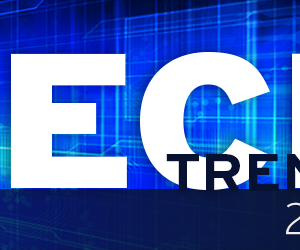Mental Health Resources Must be ‘Available and Accessible to All at Scale’
With the isolation of social distancing and the fear of the unknown due to coronavirus, mental health matters now more than ever.
As stay-at-home guidelines stretch indefinitely, many at home are experiencing increased levels of anxiety and depression fueled by a 24-hour news cycle, misinformation on social media platforms, and the worry that they, too, will become a victim of this rapidly spreading illness.
It’s important that as we come together as a community to flatten the curve of the virus’ impact, we also consider the behavioral health repercussions of this pandemic which could last far beyond physical ones.
While our experience with coronavirus is new, previous pandemics and viral outbreaks have caused a sharp uptick in depression rates and anxiety among the affected population. National reporting estimates that 40 million Americans experience anxiety disorder in a given year — and that’s before we encountered this unprecedented disease.
Mental health resources you can use right now
Misinformation at a time when much of the population is isolated and anxious can be disruptive and dangerous. Individuals who are struggling need access to accurate, evidence-based resources they can access from the safety of their home.
In response to these needs, my company, NeuroFlow, has built a Coronavirus Risk and Anxiety Screener to helps individuals determine whether or not they are at an elevated risk for COVID-19, shares state-by-state guidance for testing, and provides access to educational information and skill-building tools to help cope with unexpected stressors around anxiety, depression and social isolation.
Read the full article here.




